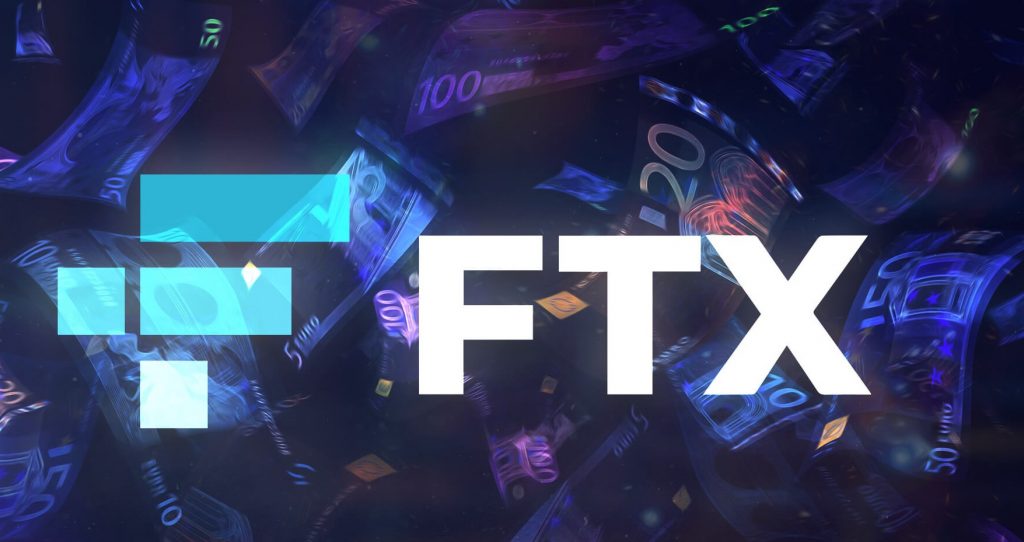FTX to Begin $1.2 Billion User Repayments After Bankruptcy
13.01.2025 17:00 1 min. read Alexander Zdravkov
FTX, the defunct cryptocurrency exchange, is preparing to refund over $1.2 billion to users who have been locked out of their funds since its 2022 collapse.
Creditors with claims up to $50,000 must complete all necessary steps by January 20, 2025, marking a critical deadline in the repayment process.
The January 20 milestone, outlined in FTX’s restructuring plan approved last year, paves the way for initial distributions. Sunil, a representative of the FTX Customer Ad-Hoc Committee, emphasized that repayments are unlikely to start before the deadline, giving affected users a final opportunity to meet the required conditions.
This influx of funds could significantly impact the crypto landscape, with some speculating it might catalyze Bitcoin’s rise to $200,000. Industry experts predict mixed reactions from creditors: some may cash out for financial stability, while others could reinvest in the market, confident in its long-term potential.
The case draws parallels to Mt. Gox’s creditor payouts, where many opted to hold their Bitcoin despite its massive appreciation over the years. The FTX repayments may follow a similar trend, with only a portion of the distributed assets potentially entering the market.
-
1
History Shows War Panic Selling Hurts Crypto Traders
28.06.2025 18:30 3 min. read -
2
Ripple Faces Legal Setback as Court Rejects Bid to Ease Penalties
26.06.2025 16:54 1 min. read -
3
Coinbase Surges 43% in June, Tops S&P 500 After Regulatory Wins and Partnerships
29.06.2025 21:00 2 min. read -
4
Ripple Has Applied for a National Banking License
03.07.2025 7:00 2 min. read -
5
What Will Happen With the Stock Market if Trump Reshapes the Fed?
29.06.2025 13:00 2 min. read
Bank of America CEO Confirms Stablecoin Plans Are in Motion
Bank of America is actively developing a stablecoin offering, CEO Brian Moynihan revealed during a post-earnings conference call on Wednesday.
PayPal Expands PYUSD to Arbitrum in Latest Blockchain Push
PayPal has expanded its stablecoin, PayPal USD (PYUSD), to the Arbitrum network, marking a key step in its strategy to integrate with faster, more cost-efficient blockchain infrastructure.
Citigroup Explores Launching Stablecoin as Banks Embrace Crypto Shift
Citigroup is evaluating the potential launch of its own U.S. dollar-backed stablecoin, signaling a growing shift in sentiment among traditional financial institutions toward digital assets.
JPMorgan CEO Jamie Dimon Comments Stablecoins
JPMorgan Chase CEO Jamie Dimon remains skeptical of stablecoins—but says ignoring them isn’t an option for the world’s most powerful bank.
-
1
History Shows War Panic Selling Hurts Crypto Traders
28.06.2025 18:30 3 min. read -
2
Ripple Faces Legal Setback as Court Rejects Bid to Ease Penalties
26.06.2025 16:54 1 min. read -
3
Coinbase Surges 43% in June, Tops S&P 500 After Regulatory Wins and Partnerships
29.06.2025 21:00 2 min. read -
4
Ripple Has Applied for a National Banking License
03.07.2025 7:00 2 min. read -
5
What Will Happen With the Stock Market if Trump Reshapes the Fed?
29.06.2025 13:00 2 min. read


